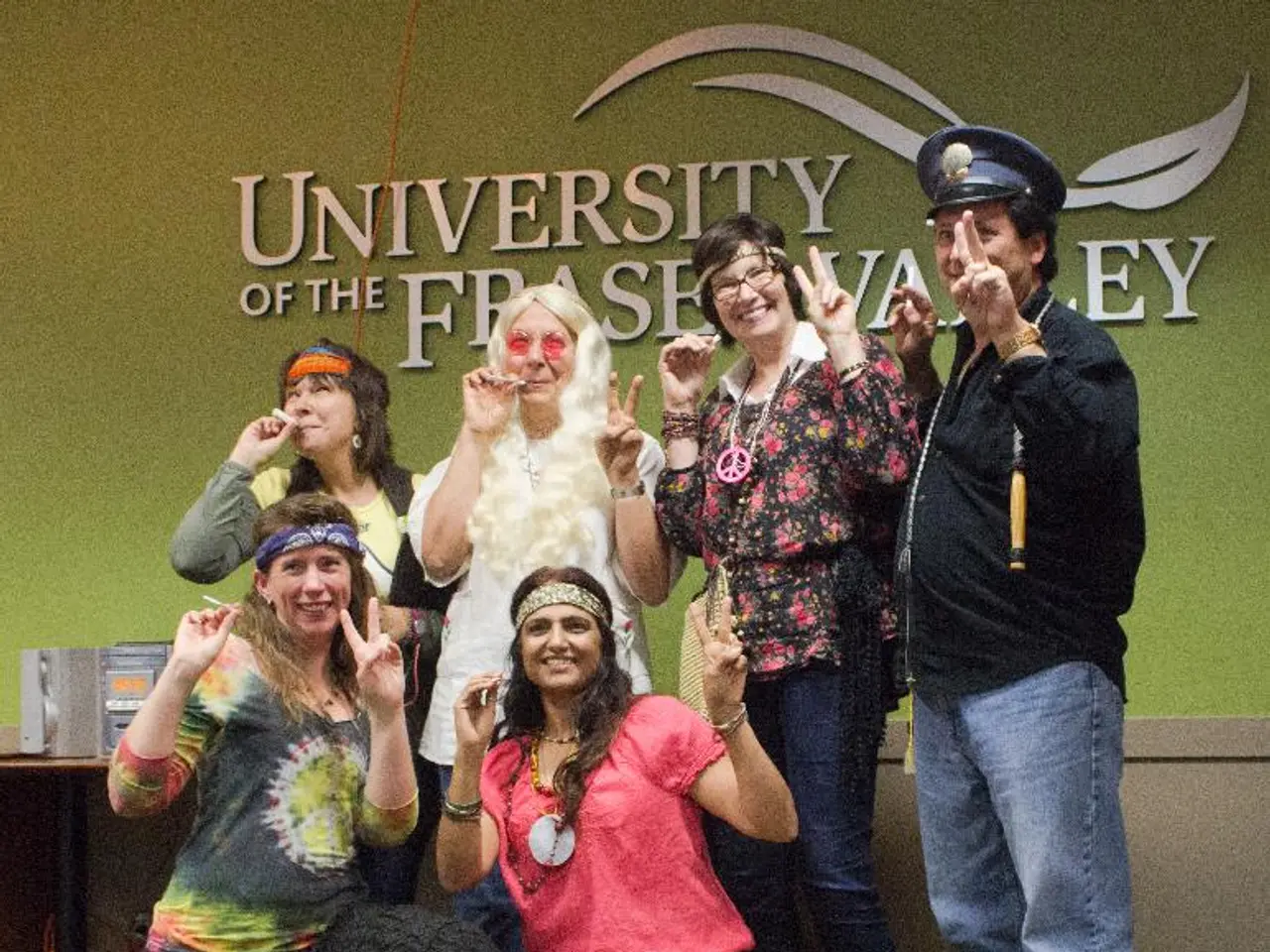Understanding Empathy: A Detailed Guide on How to Show Empathy Towards Others
Empathy, the ability to understand and share the feelings of another, plays a crucial role in creating comfortable and safe environments, whether at work or school. It can lead to greater happiness, stronger immune systems, better communication, and a deeper sense of belonging.
Cultivating empathy is more than just being a good listener. It involves focusing on the emotions underneath the words. By observing nonverbal body language, changes in breathing or rate of speech, or the types of words someone uses, we can gain a deeper understanding of their feelings.
In relationships, it's essential to listen closely, check in with your own feelings, and assume you don't fully understand the other person. This approach can lead to feelings of openness in your core, and you may also feel yourself connecting through eye contact, nodding, and a slight change in your body temperature.
Empathy can help us understand a person's feelings even when they make self-deprecating jokes or laugh off their problems. It can help us know if a friend is having a bad day before we even talk to them. For example, if your partner or roommate comes home excited about their promotion, you can tune in to your own feelings to understand their joy and excitement.
Empathy is confirmed if you're feeling a sense of connection in your body. Mirror neurons in the brain allow us to feel another person's pain, joy, happiness, love, and fear. These attachments can be protective assets that create safety and security for children, adolescents, and adults.
Empathy can promote healing and healthy interactions that form healthy attachments. It can help us understand a person's feelings even when they struggle to express them verbally. Conveying empathy is a skill that engages reflection and the recall of feelings that may be uncomfortable.
For those who are naturally hyper-sensitive to the feelings of others, known as empaths, practicing empathy can lead to deeper emotional bonding and intimacy in relationships. Chemically, these experiences also result in the brain's release of healthy endorphins like dopamine, oxytocin, and serotonin.
In the workplace, showing new students or colleagues around, asking them questions, and setting a date to check in with how they're adjusting can help foster empathy. Online, empathy matters too, and technology can help us express empathy better when distance is a factor in relationships.
To find empathy workshops in Germany accessible to laypeople and taught by experts on emotional support across various life areas, search for local adult education centers (Volkshochschulen), psychosocial counseling centers, or organizations specializing in communication and emotional training; many offer courses on empathy and emotional support for non-professionals. Additionally, exploring hospice and palliative care training programs can be useful, as they often include empathy modules by experienced professionals.
Empathy essentially strengthens the social fabric that holds humanity together. It's about looking past the words and observing the feelings behind them. Practicing empathy can lead to a more connected and compassionate world.
Read also:
- Guidelines for resuming operations: Strategies for hotels to utilize their resources beneficially during the ongoing lockdown period
- Human Bacteria Unveil Fresh Understandings Regarding Human Decision Processes
- Parliamentary Debates in the German Bundestag This Week
- Encounter with Nora de Leeuw On-Site








